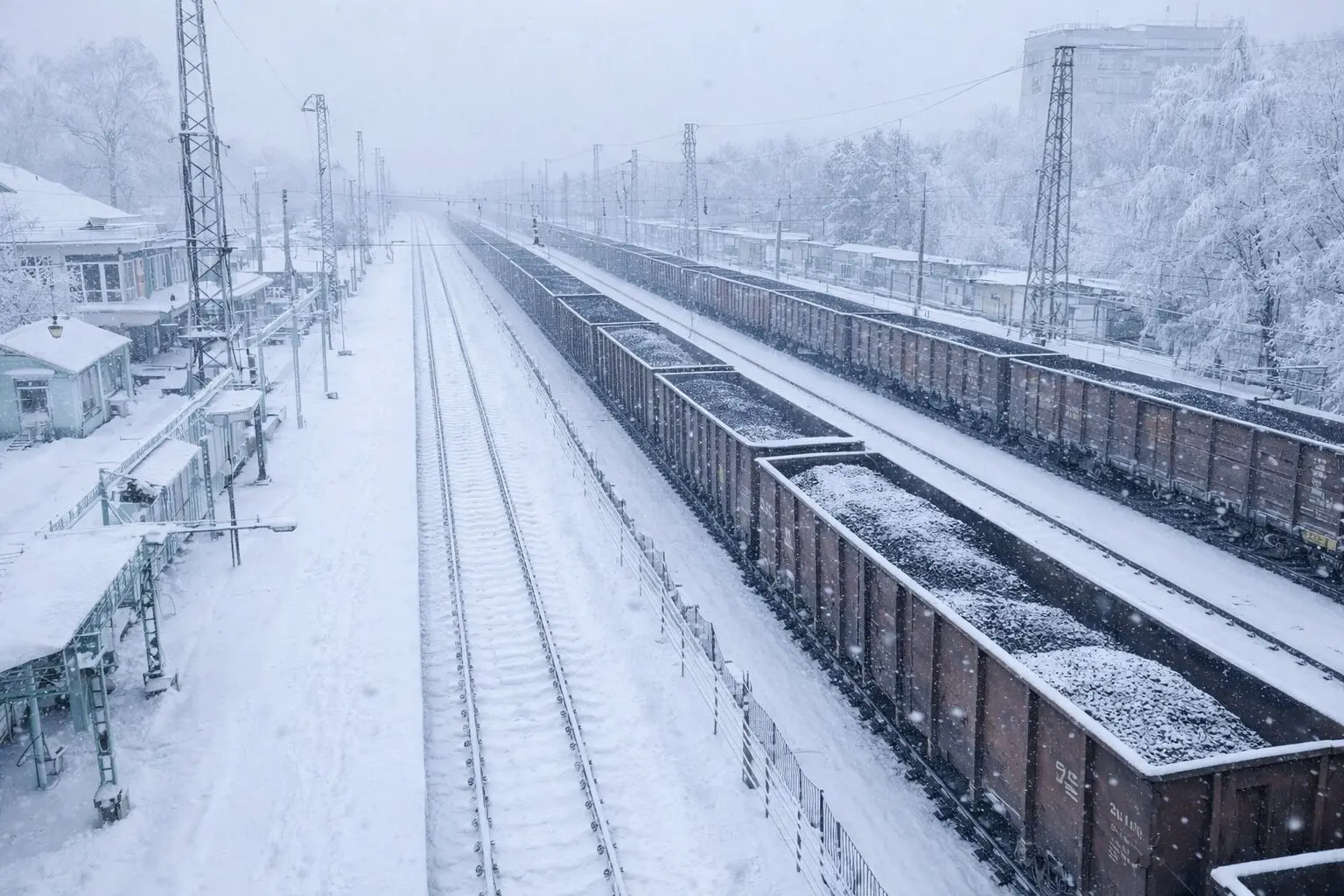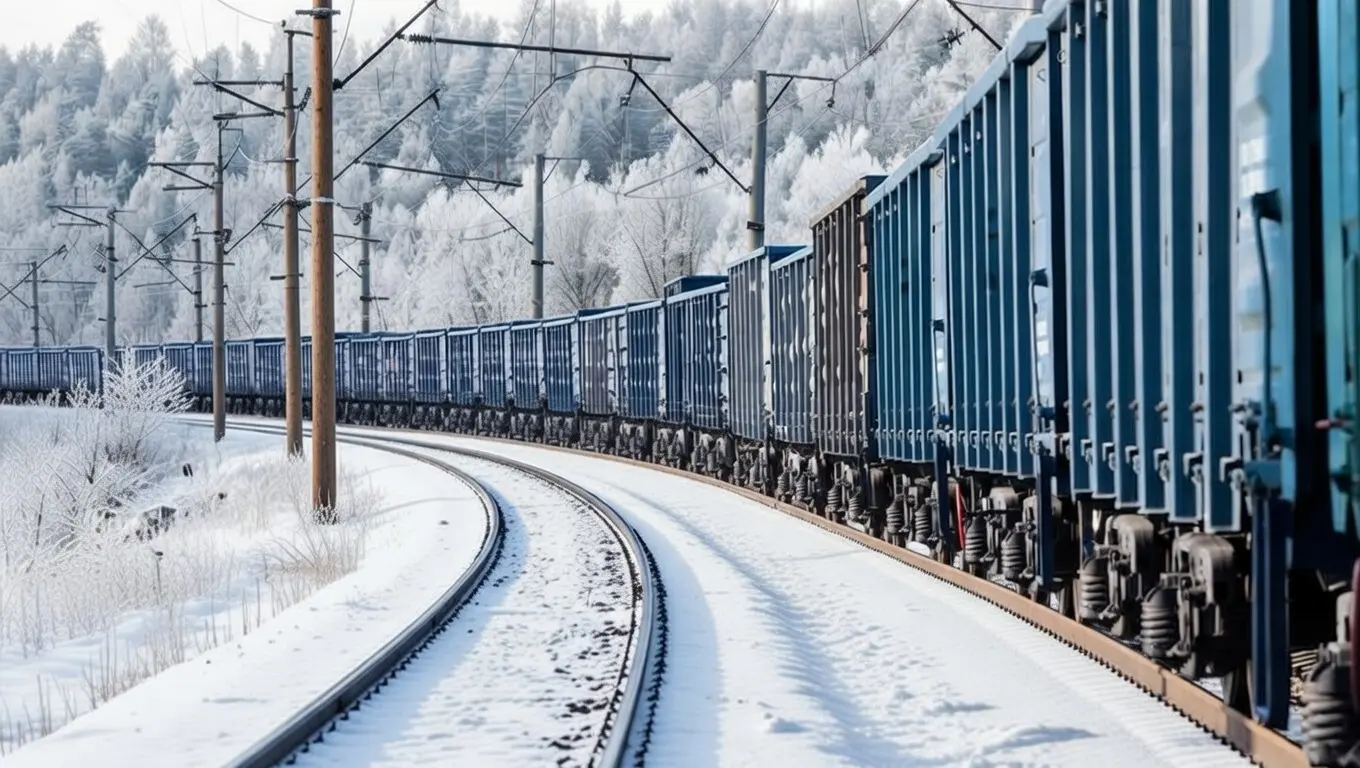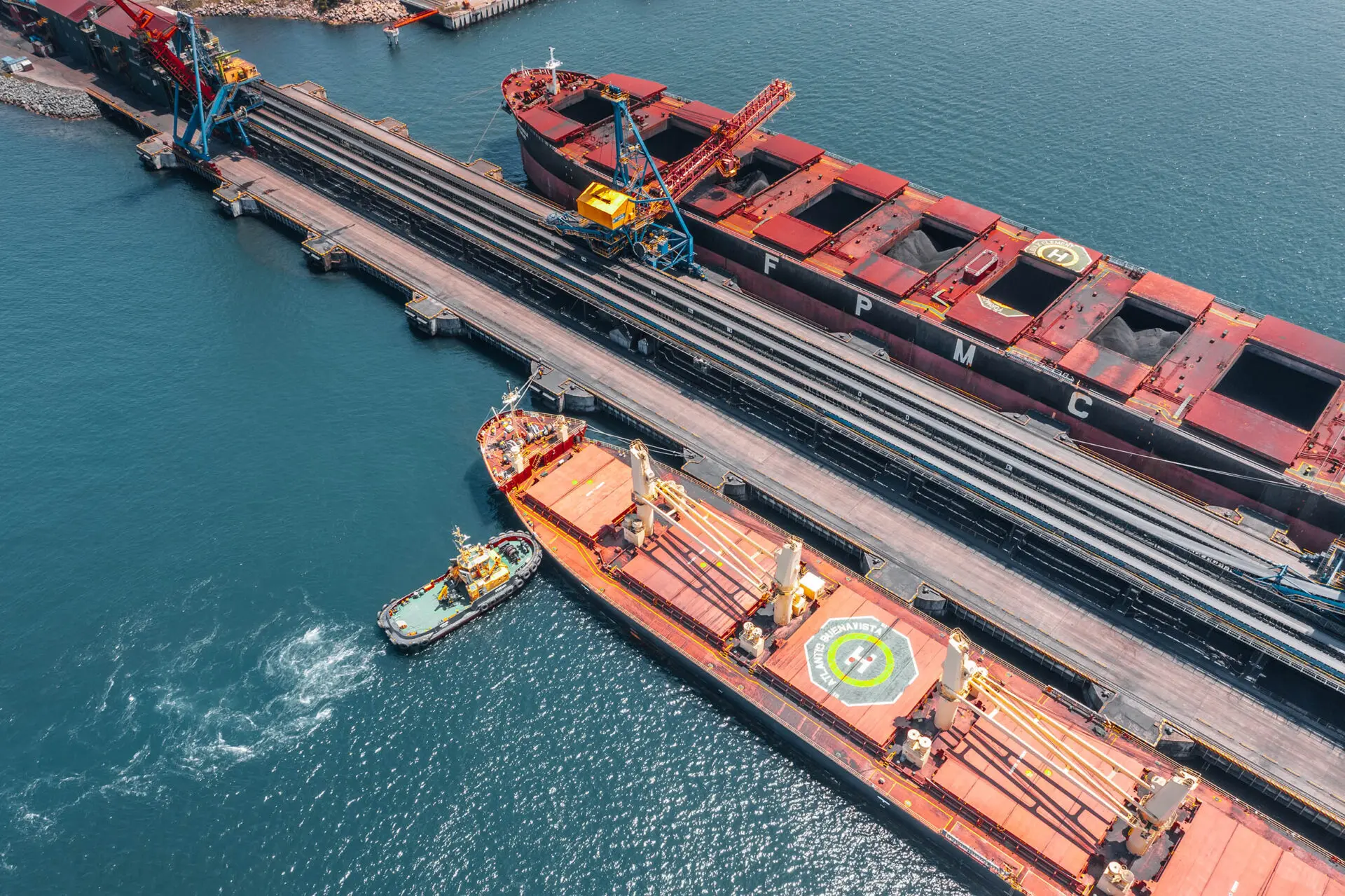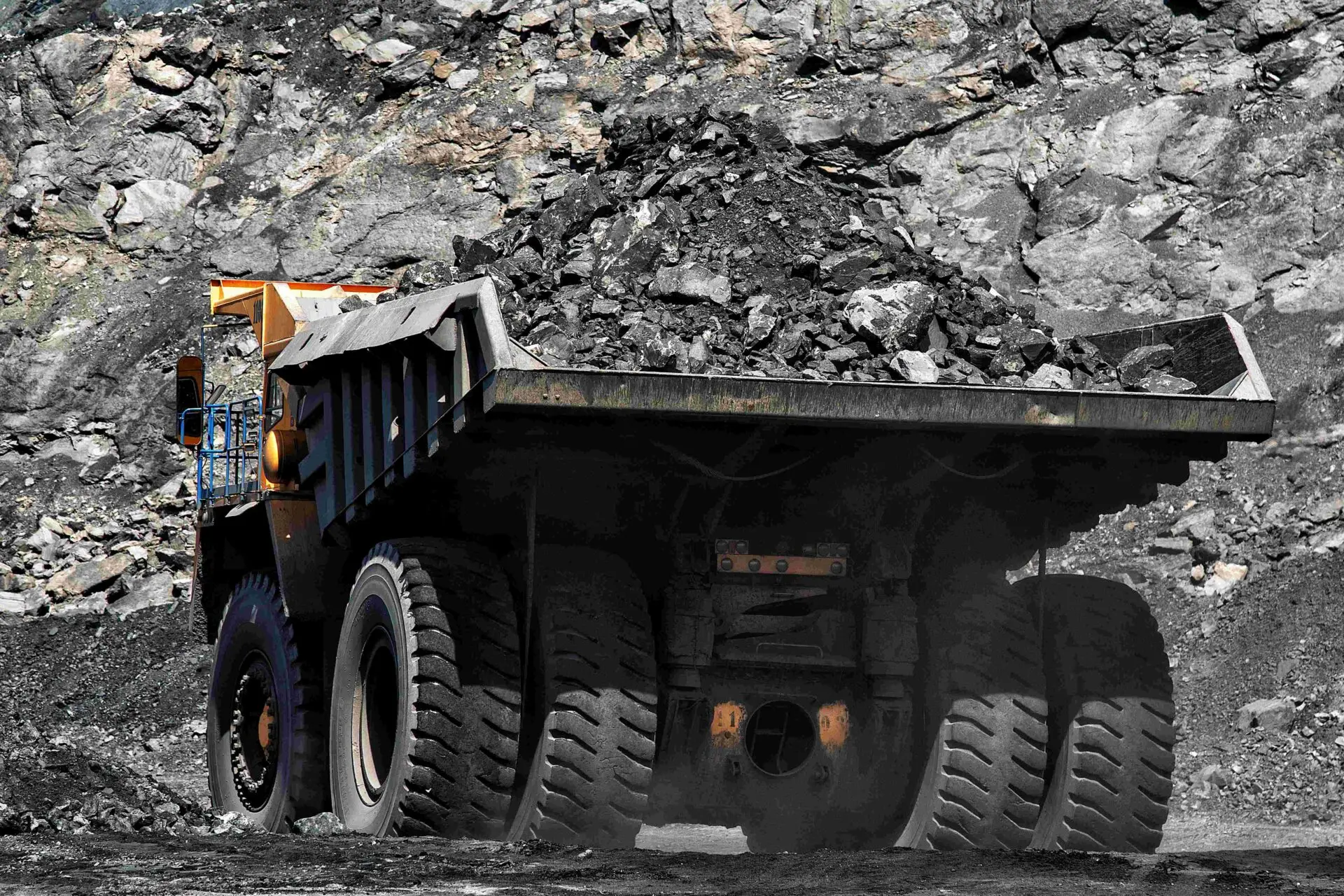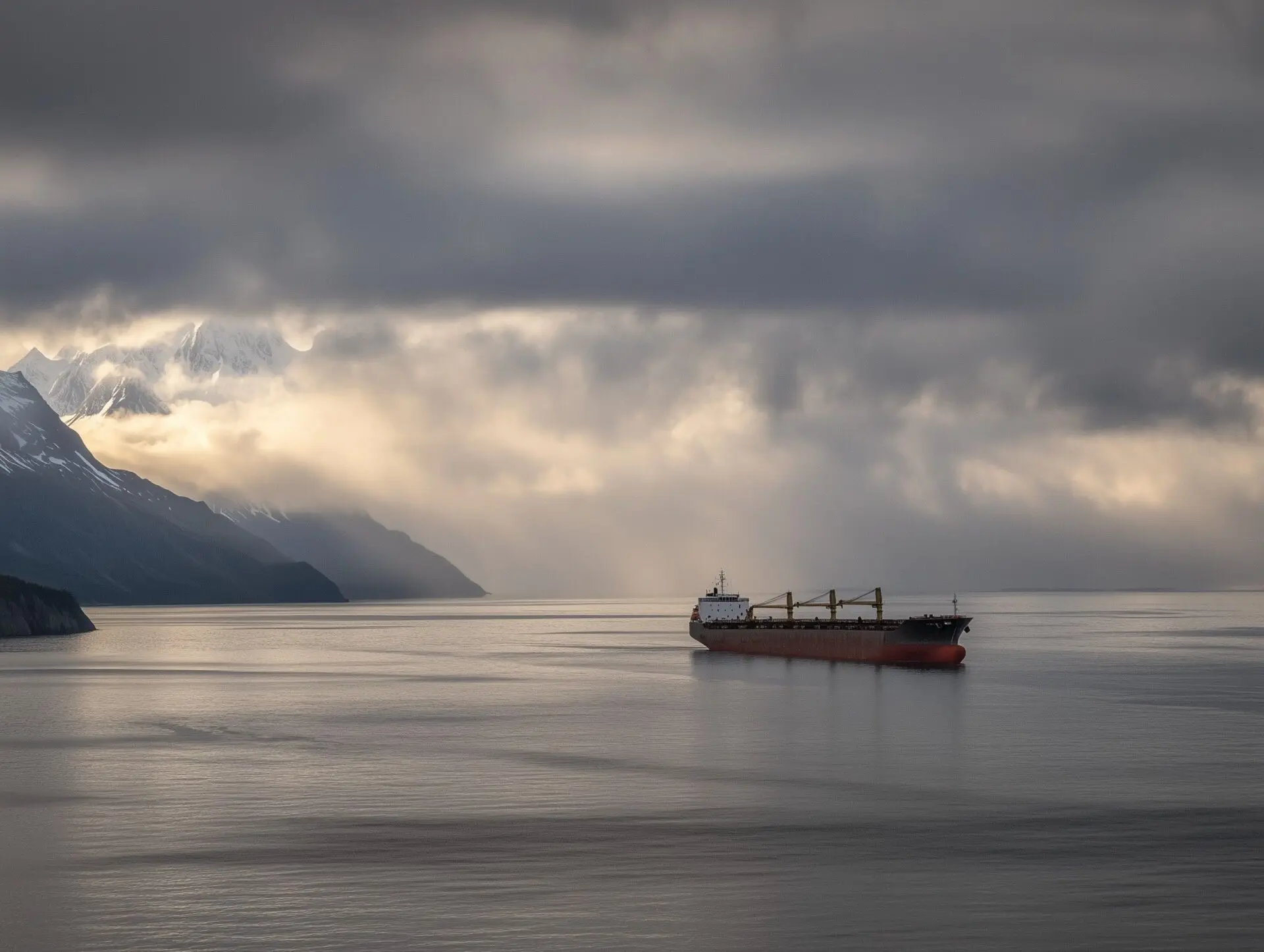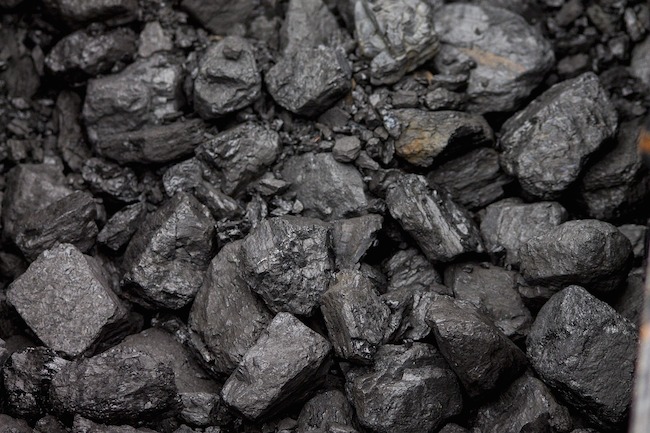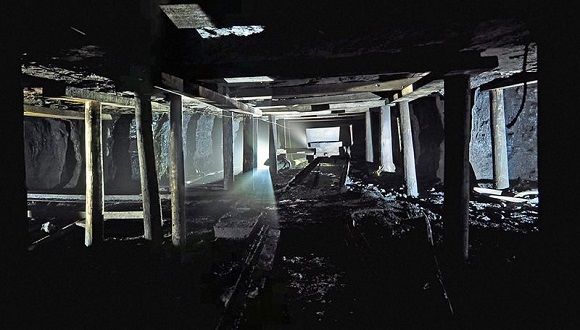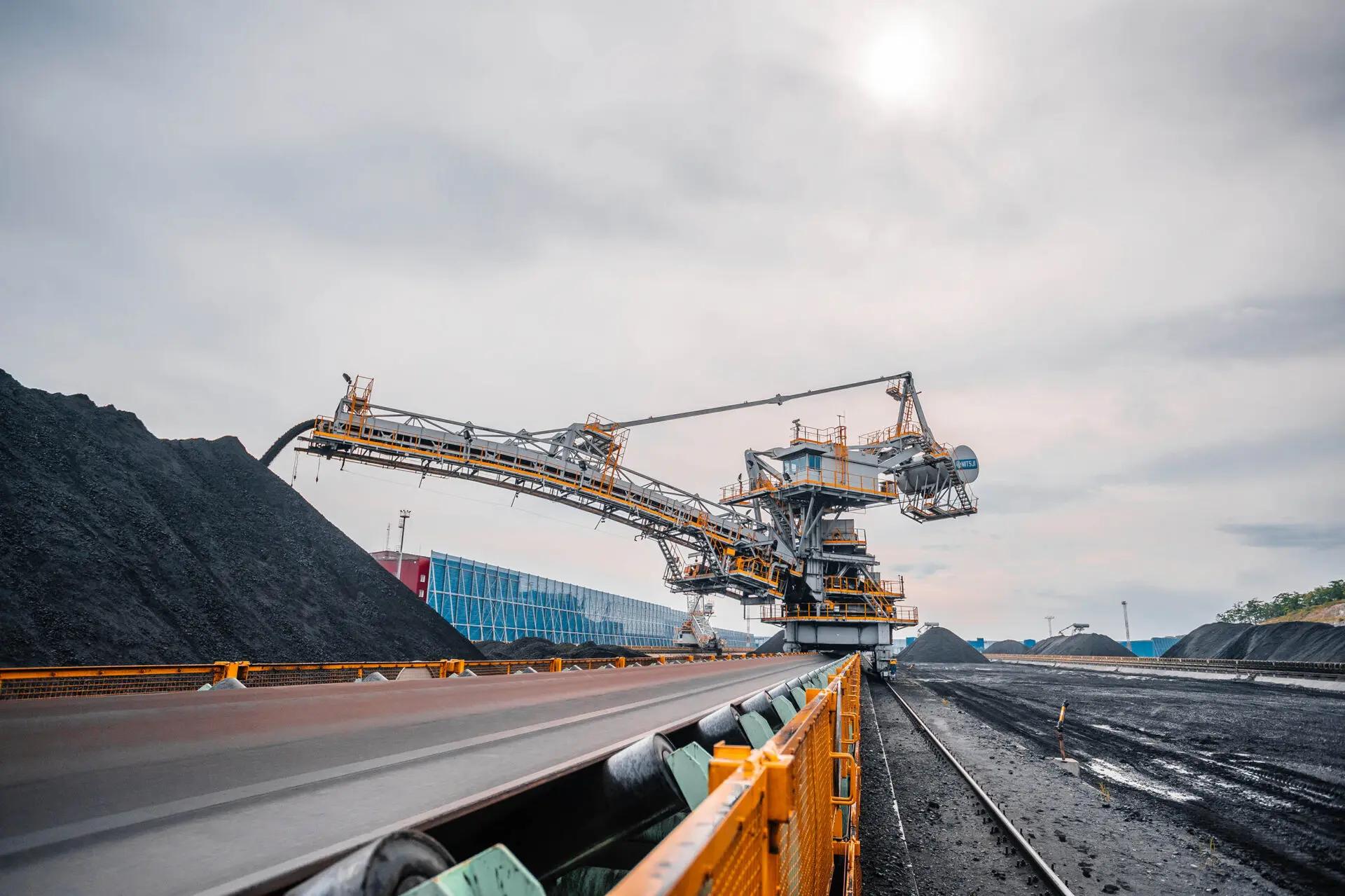
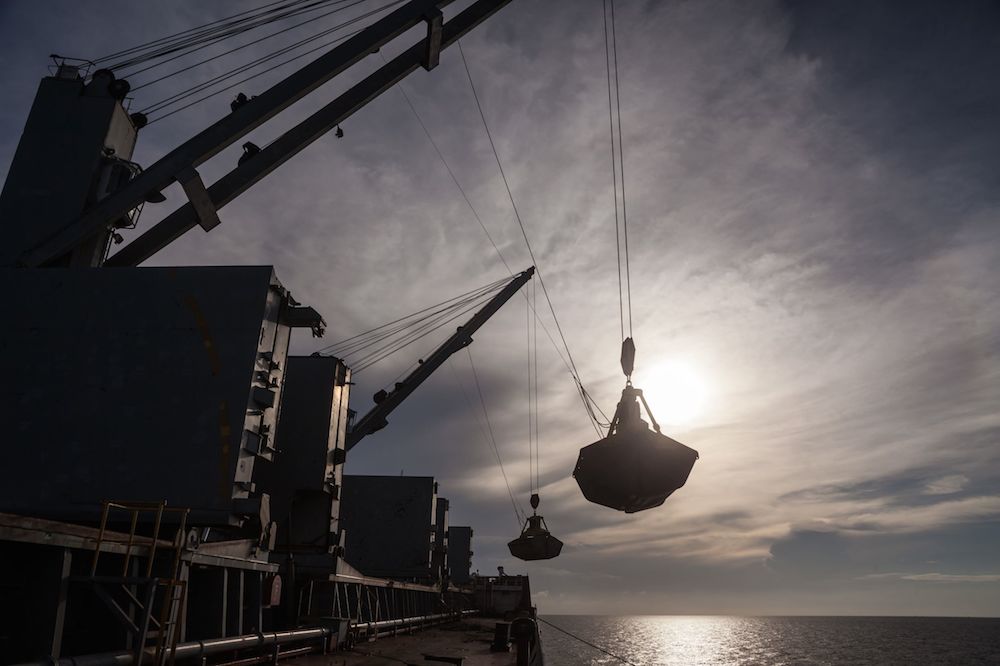
Last week, European coal indices edged higher to 65-66 USD/t due to the expected cold March in a number of EU countries and limited coal supplies out of the iced-over Baltic ports.
According to the Speedwell Weather portal, daily temperatures in some European countries will be well below average estimates in the first half of March, leading to an increase in volumes of coal burning. Extremely low temperatures caused thickening of sea ice, slowing down the movement of ships near major Baltic ports.
Exporters of the material require ice-class vessels, which increase freight costs. However declining gas quotes and high EU carbon prices may put pressure on coal indices in the mid-term. The TTF gas index dropped to 16.4 EUR/MWh (-4.1 EUR/MWh or -20.3% to February 01, 2021). EU carbon prices reached 39.0 EUR/t (+6.3 EUR/t or +19% February 01, 2021).
The decline in demand of Indian cement companies and the gradual recovery of coal shipments via railway to the port of Richards Bay after heavy rains weakened South African coal prices to below 85 USD/t. The Richards Bay coal stocks increased to 3.5 mio t (+0.2 mio t to February 17, 2021).
The Government of India plans to amend the federal Mining Act to increase the permitted volume of sales (more than 50%) of coal to the domestic market by local mining companies. This measure is designed to reduce the dependence of the Indian industry on imported coal.
In January 2021, imports of thermal coal by Indian power plants fell by 31% to 3.9 mio t y-o-y. Nevertheless, coal generation increased in January 2021 to 91.7 TWh (+6.2 TWh or +7% to December 2020).
The ongoing New Year holidays in some Asia-Pacific countries (Feb 12-27, 2021) limit the trading activity of market participants, weakening Australian coal indices.
Warm weather in China and an increase in production of Chinese miners since mid-January 2021 put pressure on domestic coal quotes and reduced demand for imported material.
Lowering demand from Chinese generating enterprises for imported coal of Indonesian origin, due to low coal prices in the domestic market, had a negative impact on Indonesian material quotes.
Despite the suspension of large Moranbah coal mine (Queensland, Australia), low trading activity of steel mills in a number of Asia-Pacific countries weakened the indices of Australian coking material.
Source: CAA Analytics
[tfws username=”CAA_Analytics” height=”700″ width=”350″ theme=”light” color=”#FAB81E” tweets=”2″ header=”yes” footer=”yes” borders=”yes” scrollbar=”yes” background=”yes”]

